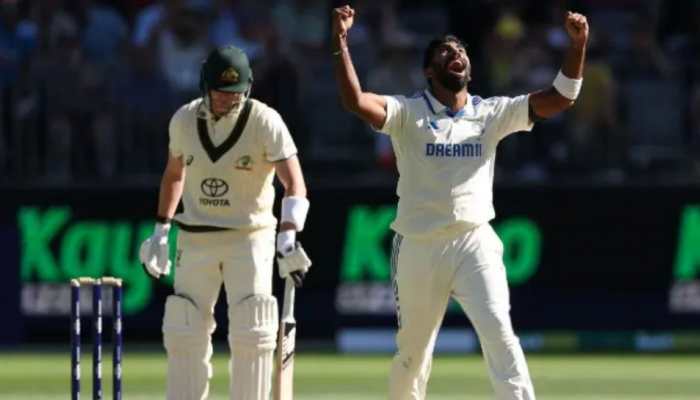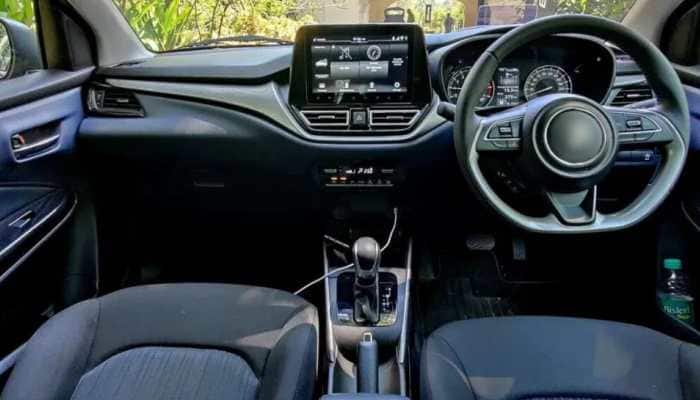Get real: 2018's big lesson to Bollywood flops and political defeats
Bollywood and politics have to listen to and deliver to the same person - the moviegoer who is the voter.
Trending Photos
)
As the year 2018 winds up, I am on to a pet theme: the connection between popular cinema and electoral politics. I have always believed that the aspirations of Indians are reflected culturally in the movies they like and politically in their voting patterns. In both cases, hits and flops are not easy to predict or understand. But look deep, and you will find striking patterns that tell a story.
The last month of the year saw a difficult electoral verdict for Narendra Modi-led BJP and defeats for its incumbent governments in the states of Madhya Pradesh, Rajasthan and Chhattisgarh. December was also the month where Bollywood superstar Shah Rukh Khan saw a tepid response to Zero - produced in the name of his wife, Gauri Khan. It is as if both Khan and Modi found themselves in the face of an unpredictable mood.
To get an idea of their limitations, let us look at both the political landscape and the box office data from Bollywood. We have seen Telangana chief minister K Chandrashekar Rao (KCR) meeting Odisha counterpart Naveen Patnaik and West Bengal's Mamata Banerjee, talking of a federal front that would like to be the dog rather than the tail of an opposition alliance to challenge the BJP in the 2019 general elections. The Telangana Rashtra Samithi, the Biju Janata Dal and the West Bengal Trinamool Congress are all local outfits with limited geographical reach, but their political depth is strong as they have their ears to the ground and seem to cater to what the local people really want.
The BJP and the Congress are like Zero, starring Anushka Sharma and SRK, and Thugs of Hindostan, starring Aamir Khan and Amitabh Bachchan. Their idea of their own stardom and potential stands apart from the ground reality of what ordinary citizens want.
Let us hear what film critic Shubhra Gupta says on Zero: "Zero fails spectacularly at giving us anything we can believe in, and we go from start to finish, with disbelief growing with each passing frame." For both SRK and the Modi government, the message seems to be: "Get real, and don't overpromise." Congress did better in Rajasthan and MP by getting closer to rural citizens and farmers, shedding its notorious tendency to lean on past laurels.
Now, the movies that surprised us with magnificent revenue collections at the box office this year have a striking resemblance to the smaller political parties that are now trying to challenge Modi or Congress president Rahul Gandhi. Their directors have challenged the superstar effect of SRK or Aamir Khan. They are strong on the script, and have identifiable situations for the local citizen in their plotlines. After all, the local voter is also the one who goes to watch a movie.
The hits of the year 2018 are strong on content and its main characters are not larger-than-life figures but everyday smarties who become heroes in their local milieu.
Big hits of the year include Sonu Ke Titu Ki Sweety (Rs 100.80 crore, on how friendships get hit by modern-day arranged marriages), Stree (Rs 124.56 crore, a small town horror story) and Badhaai Ho (Rs 134.44 crore, a lower middle-class comedy about having a child late in a marriage). There were other hits, like Baaghi 2 and Race 3 in the thriller/action genres. I don't want to overanalyse, but broadly speaking, the stories tested new ideas and offered new promises. We still do not know what the exact end of the hit murder mystery Andhadhun is, but that is part of the new formula where people seem to enjoy a departure from the past. In all these movies, the revenue collections well exceeded the budget, showing the importance of story value.
Cut back to politics now. What people to seem to want are not grand ideas of secularism of the kind Congress promises. Nor do they seem to want big promises of a Vedic India becoming a superpower of the future, as Modi loyalists want us to believe. Ordinary Indians want identifiable stories with something that makes them feel a sense of everyday advancement. Small parties and smaller film producers seem to know that better.
For Zero, the Khan family roped in hit filmmaker Anand L Rai, whose track record as a director and producer is commendable. But in Zero, produced at a cost of Rs 200 crore, he seems to have botched up the storyline, shedding his famous expertise on familiar small town and lower middle-class situations for mixed-up fantasy realism.
India has moved on, both in show business and its more pompous cousin, democratic politics. It pays to be grounded.
(Disclaimer: The opinions expressed above are the personal views of the author and do not reflect the views of ZMCL.)
Stay informed on all the latest news, real-time breaking news updates, and follow all the important headlines in india news and world News on Zee News.
Live Tv







)
)
)
)
)
)
)
)
)
)
